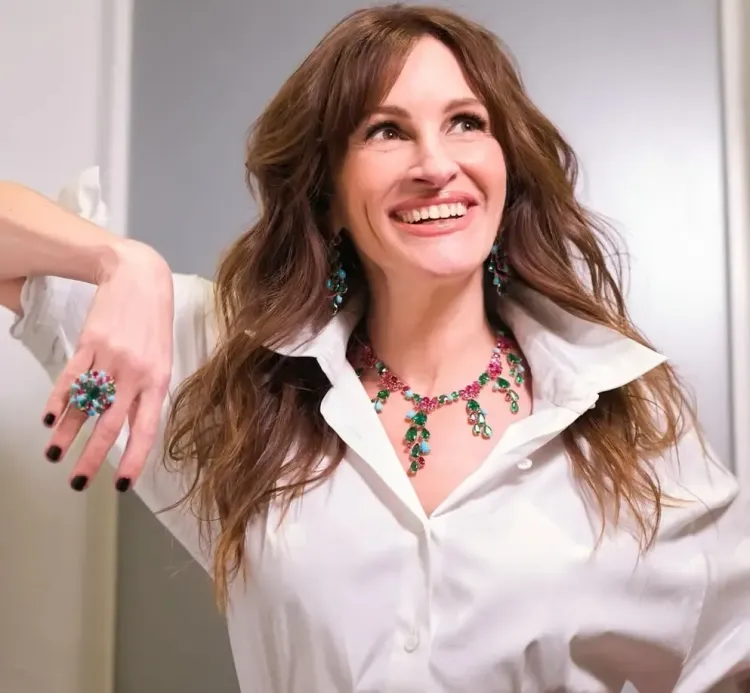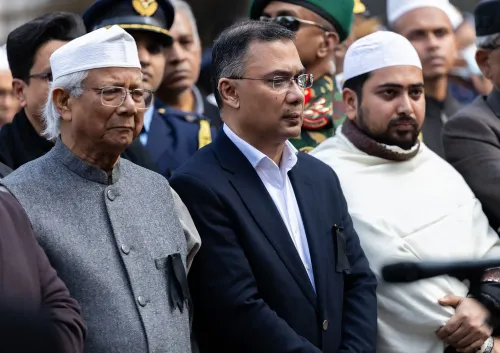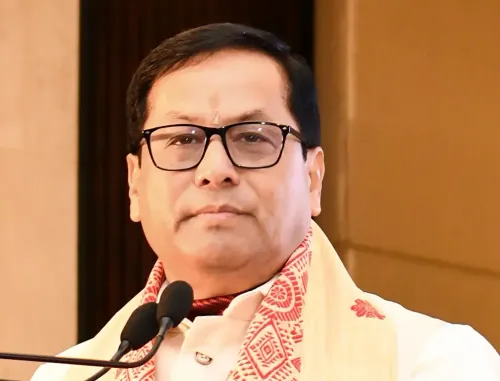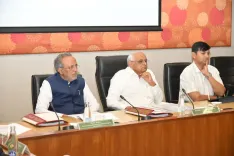Does Julia Roberts Believe Hollywood is Still Male-Dominated?

Synopsis
Key Takeaways
- Hollywood is still male-dominated.
- Women often feel the need to be fearless in their professions.
- Roberts finds inspiration in portraying complex characters.
- Generational gaps may not be as significant as perceived.
- Understanding different perspectives is crucial for societal harmony.
Los Angeles, Oct 6 (NationPress) Julia Roberts, the Oscar-winning actress, believes that the film industry in Hollywood continues to be a male-dominated space, reflecting on her extensive career in cinema.
In her latest role as Alma Imhoff in the upcoming film After the Hunt, Roberts identifies with her character, who expresses the need to thrive in a profoundly misogynist environment to achieve her status as a professor at Yale University.
When asked if her personal experiences resonate with Alma's, Roberts remarked to The Sunday Times: "It's still overwhelmingly male! Make no mistake about that. Yet, yes. Any woman in a profession where women are not the majority can relate to Alma's sentiments."
“We've all faced that scenario. Every woman has. I often find myself at a gathering where perhaps there’s only one other woman present,” shared the 57-year-old actress.
Roberts noted that she has had to embody courage to ensure her voice is heard in a male-centric industry, as reported by femalefirst.co.uk.
The star of Ticket To Paradise stated: "In such settings, I am fearless."
Roberts explained her decision to take on the role in Luca Guadagnino's After the Hunt, despite having mixed feelings about the complex university professor she portrays.
She expressed: "Once I became a parent, I realized I could not accept a role unless I was entirely committed. If I still felt tethered to home, I couldn't pursue it. However, what intrigued me was my inability to determine whether I liked or disliked Alma.”
She added: “Or even if I understood her. And that is precisely what motivates me to step out of my comfort zone for work—to experience something challenging..."
Meanwhile, Roberts is puzzled by the notion that generational gaps have widened more than ever.
“I attended a school parent meeting, where parents shared their concerns. Their children listen to music they find unsettling. They're on their phones too much. Some parents struggle more than others. Some kids push back harder.”
Roberts continued: "But then, this amazing mom, so cool and beautiful, stood up and declared, 'I adore teenagers. I love them! They are the most incredible beings on this planet.' And she’s right; it highlights how much we overlook in life when we presume to know better about everything."










